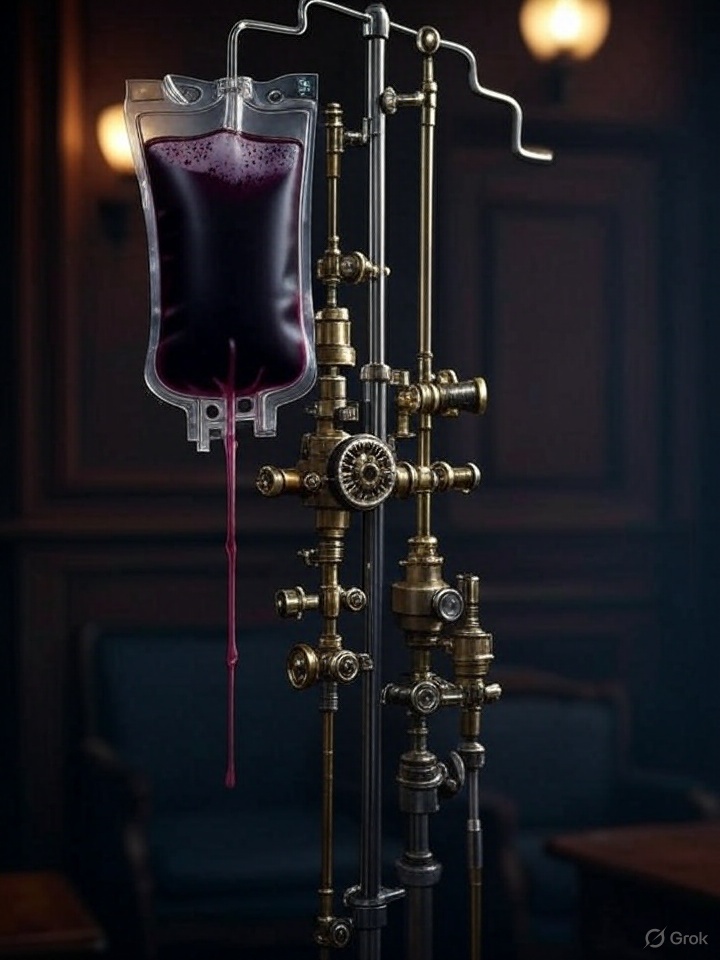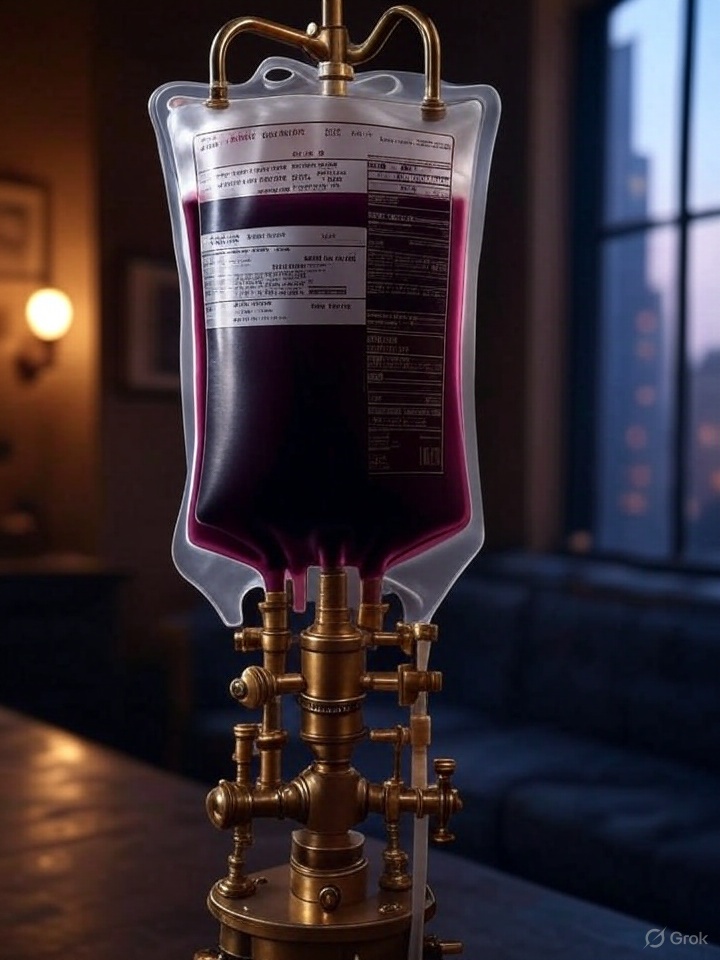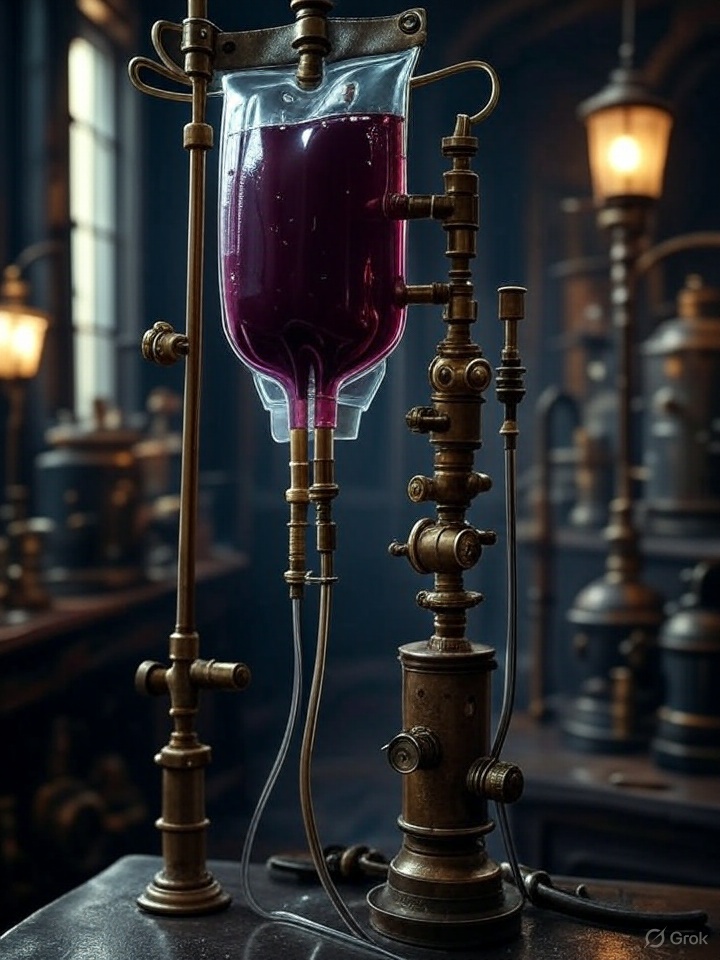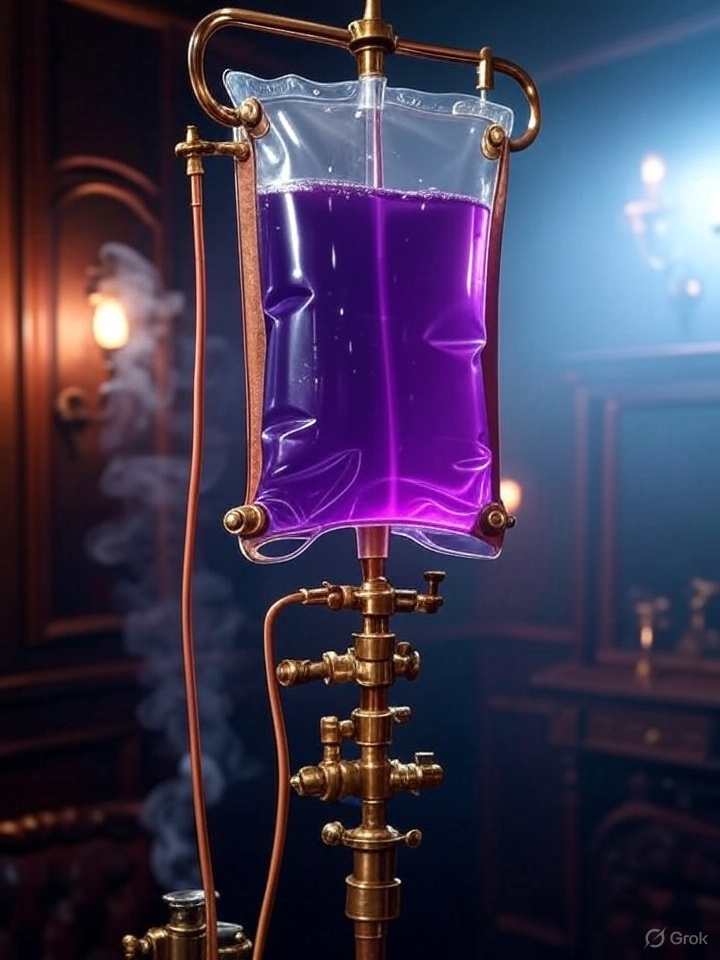A groundbreaking innovation has emerged from Japan, where scientists have created an artificial blood based on hemoglobin derived from expired donor blood.
 This revolutionary product eliminates blood type compatibility issues entirely, removing the need for traditional compatibility tests. With the potential to transform medical care, this artificial blood also boasts an impressive shelf life of up to two years at room temperature — far surpassing the limitations of natural donor cells.
This revolutionary product eliminates blood type compatibility issues entirely, removing the need for traditional compatibility tests. With the potential to transform medical care, this artificial blood also boasts an impressive shelf life of up to two years at room temperature — far surpassing the limitations of natural donor cells.
A New Era in Blood Transfusions
The artificial blood, developed using hemoglobin extracted from outdated donations, lacks blood group antigens, making it universally compatible. This breakthrough could streamline emergency medical responses and reduce shortages in blood banks. Its unique purple hue, a departure from the familiar red of natural blood, is a result of the hemoglobin modification process, though it functions similarly to support oxygen transport in the body.
Progress and Testing Phases
 Since 2022, small-scale trials have been underway, demonstrating minimal side effects among participants, marking a promising start. In 2023, researchers escalated to higher-dose tests to evaluate the blood’s efficacy and safety further.
Since 2022, small-scale trials have been underway, demonstrating minimal side effects among participants, marking a promising start. In 2023, researchers escalated to higher-dose tests to evaluate the blood’s efficacy and safety further.
Currently, clinical trials are being conducted at the Sakai laboratory, where volunteers receive between 100 and 400 milliliters of the artificial blood. These studies are a critical step toward understanding its full potential in real-world applications.
Aiming for 2030 Implementation
The primary goal is to integrate these artificial erythrocytes into clinical practice by 2030. If successful, this could revolutionize transfusion medicine, offering a reliable, long-lasting alternative to donor blood. The ongoing trials are focused on refining the product to ensure it meets stringent safety and effectiveness standards before widespread adoption.
 Also read:
Also read:
- Navigating Objective Reality: Beyond Black-and-White Thinking
- Apple AirPods Set to Gain Camera Control, Sleep Detection, New Gestures, and More at WWDC 2025
- AI-Generated Songs and Fake Listeners: A New Wave of Fraud on Music Streaming Platforms
- Pentagon's Project to Create "Mutant Soldiers" Through Red Blood Cell Modification
- First Ever Humans Injected With Synthetic, Lab-Grown Blood
The Future of Medicine
This development, led by Japanese researchers, highlights a significant leap forward in biotechnology.
The ability to store artificial blood for two years at room temperature could prove invaluable in disaster zones or remote areas with limited access to fresh blood supplies.
As trials progress, the medical community watches closely, eager to see if this purple-hued innovation will become a global standard by the end of the decade.
With its potential to save lives and simplify healthcare logistics, this artificial blood could mark a new chapter in medical history.






